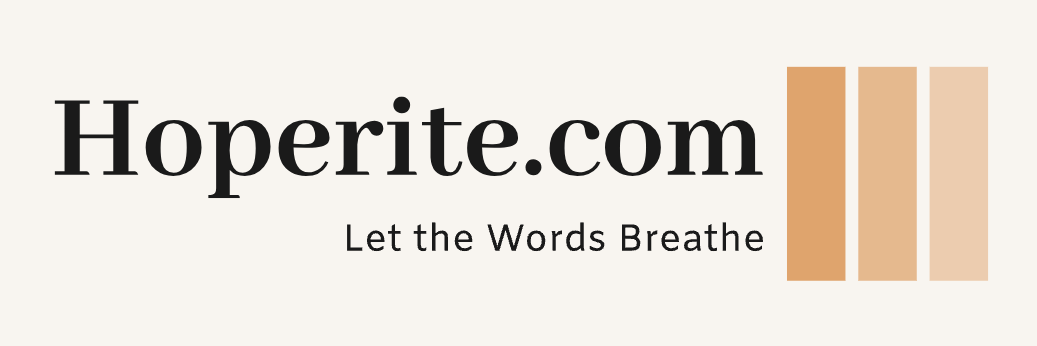
In Nigeria, a silent crisis has erupted into a deafening roar. Streets once filled with the sounds of everyday life are now alive with chants of “We are hungry,” as citizens rise in protest against a backdrop of soaring food prices and economic despair. The recent removal of fuel subsidies has only intensified the struggle for survival, pushing millions to the brink of starvation and igniting a wave of unrest across the nation. From Lagos to Kano, the message is clear: the people are fed up with empty promises and desperate for change. As Nigeria grapples with a hunger crisis that threatens its very foundation, the question remains—what will it take for the government to listen and act? Join us as we explore the roots of this urgent movement and the quest for a lasting solution to hunger in Nigeria.
Premise
The recent wave of hunger protests across Nigeria has highlighted the urgent need for government intervention and systemic change in response to escalating economic hardship. Citizens are taking to the streets, expressing their frustrations over soaring living costs, particularly following the removal of fuel subsidies that has exacerbated food insecurity and inflation.
Overview of the Protests
Protests have erupted in major urban centers, including Niger, Plateau, Kaduna, Portharcourt and Benin-city, where demonstrators have rallied under the banner of “We are hungry.” These protests have been marked by significant turnout and, in some instances, violent clashes with police. In Kano, police responded with live ammunition and tear gas, resulting in injuries among protesters. The unrest reflects a broader discontent with the current administration, particularly President Bola Tinubu’s economic policies, which many argue have disproportionately affected the poorest citizens.
Economic Context
The backdrop of these protests is a dire economic landscape. Nigeria faces a food crisis that the World Food Programme estimates could leave 26.5 million people facing acute hunger during the lean season from June to August 2024. The removal of fuel subsidies has led to skyrocketing fuel prices, which in turn has driven up the costs of essential goods, making it increasingly difficult for families to afford basic nutrition. Protesters are demanding the reversal of these subsidy cuts and broader reforms to alleviate the economic burden on ordinary Nigerians.
Government Response
In response to the protests, the Nigerian government has attempted to quell unrest by imposing curfews in affected areas and deploying security forces to monitor demonstrations. However, this heavy-handed approach has often escalated tensions rather than resolve them. Activists argue that the government must address the root causes of hunger and economic hardship rather than suppress dissent.
Calls for Reform
The protests have ignited discussions about the need for comprehensive reforms in Nigeria’s agricultural policies and economic management. Experts advocate for a “Marshall Plan” approach to prioritize agricultural development and food security, suggesting that a concerted effort is necessary to rebuild the nation’s economy and ensure that all citizens have access to sufficient food.
Conclusion
As the protests unfold across Nigeria, they serve as a stark reminder that hunger is not just a statistic—it’s a lived reality for millions. The streets are alive with the voices of a populace demanding not only food but dignity, justice, and a future free from the shackles of economic despair. The urgency of their message cannot be ignored: without immediate and effective action, the cycle of hunger and unrest will only deepen, threatening the very stability of the nation.
The world is watching, and the time for decisive change is now. It is imperative that the Nigerian government listens to its citizens and prioritizes comprehensive reforms that address the root causes of this crisis. As we stand at this pivotal crossroads, let us hope that the cries for help transform into a rallying call for action, leading to a Nigeria where every citizen can access the nourishment they need to thrive. The hunger protests are not merely a plea for food; they are a demand for a brighter, more equitable future. Will the leaders rise to the occasion, or will the echoes of desperation continue to resonate in the hearts of the people? The answer lies in their hands.
